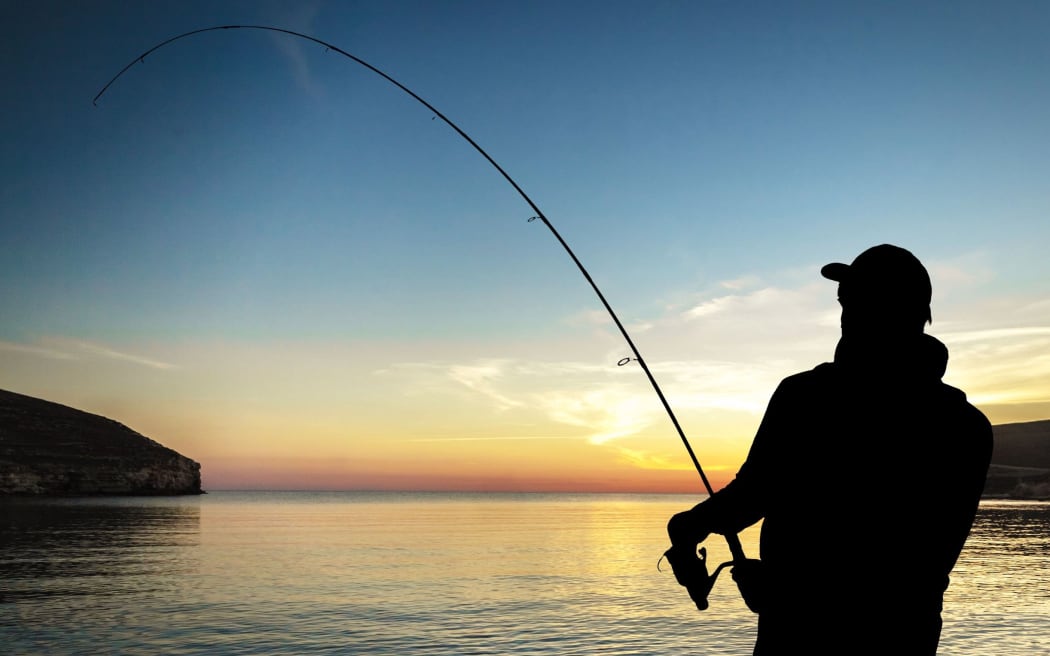Recreational fishers are strongly opposed to a proposal that would see commercial fishing companies paid to reduce their quotas.

Photo: 123RF
The Future Catch report produced by think-tank the New Zealand Initiative recommended a proportional allocation of fish stocks, licensing of recreational fishers, and the creation of a representative body to influence policy.
Report author Randall Bess said change was needed.
"If we just carry on managing recreational fisheries as we have, the outlook could look quite bad."
Mr Bess said a proportional allocation would need to be flexible to allow the recreational catch to increase with demand.
There would also need to be compensation for the fishing companies whose quotas were reduced, he said.
The Fisheries Minister currently has discretion to set catch limits.
LegaSea fishing group lobbyist Scott Macindoe said recreational fishers were happy with that.
"There's lots of things that need to be changed but jamming the public into the quota management system is not a change that we're promoting at all."
Reducing dredging and trawling would have a much more significant impact on fish stocks, Mr Macindoe said.
Former fisherman Barry Torkington said fish stocks were under threat.
"This is a national problem, the fisheries are over exploited, we need to find ways of reducing that exploitation rate and rebuilding the stock numbers in the water."
Te Ohu Kaimoana deputy chair Sir Mark Solomon believed there were enough fish to go around, but said people had to work together to come up with the best system for deciding who gets what.
"There are customary rights, there are commercial rights that have been allocated. Taking them away would be like 'well, there's a housing shortage, so I'll take your house away to give it to someone else'."
Māori would be opposed to any changes that took away their rights under Treaty of Waitangi settlements, Sir Mark said.
Fisheries Minister Stuart Nash said he would announce changes to the system by Christmas, but that they would not be wholesale changes.
"There are issues that have been identified around things like dumping and bycatch and how we deal with these," he said.
Seafood New Zealand chief executive Tim Pankhurst welcomed the report, but said too little was known about the size of the recreational catch.
"We all want to have a more abundant fishery, but to manage that properly we need to measure it and at the moment we don't do that."


